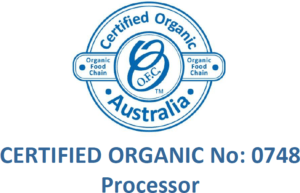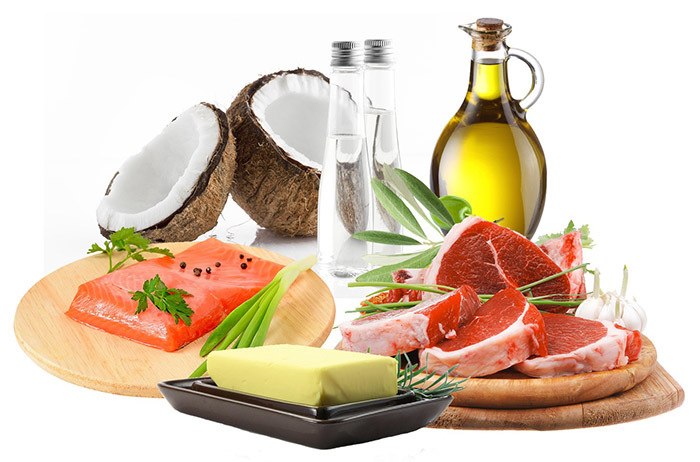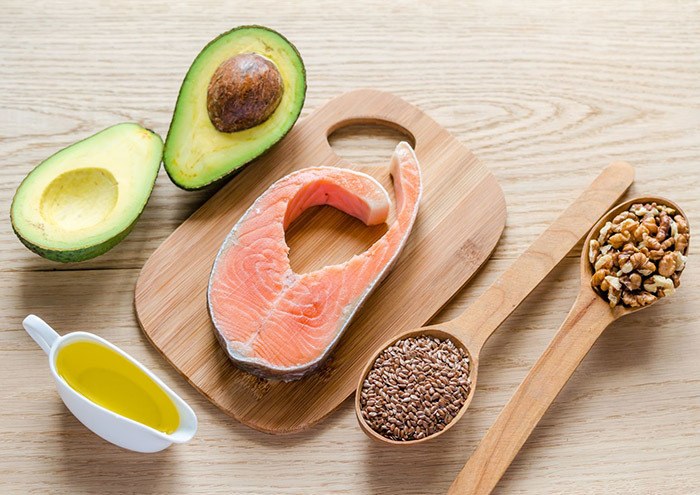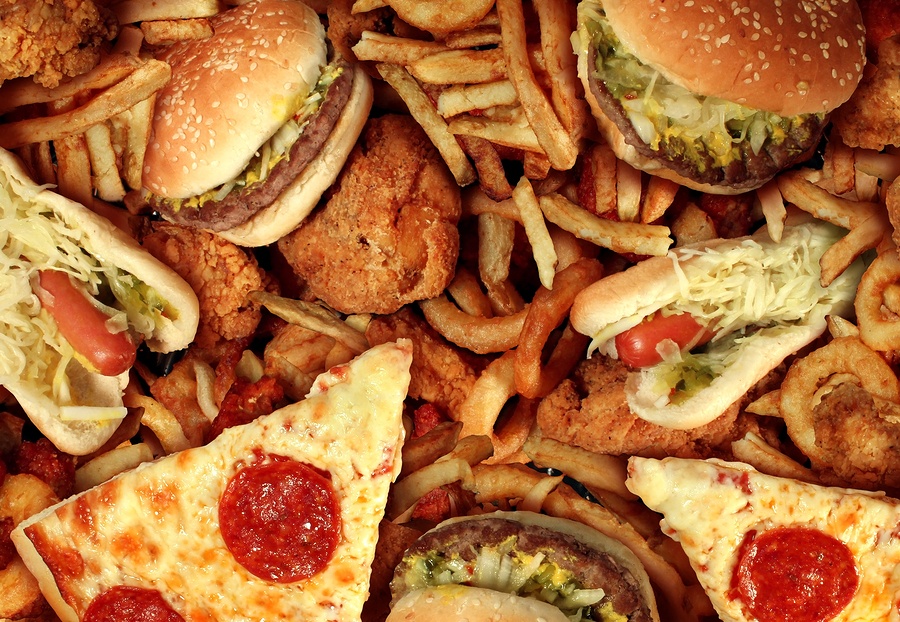For years fat has been vilified and we’ve seen a huge shift to “low-fat” food products on our supermarket shelves. We’ve been urged to banish it from our diets, told it’s unhealthy, and told it’s responsible for making us fat and sick.
It makes sense- eating fat makes you fat, right? Not necessarily, and we’re now seeing a shift back to embracing healthy fats as part of a balanced diet. The problem is many of us have been on the low-fat bandwagon for so long, it’s difficult to welcome fat back onto our plates.
What’s “healthy” fat? What fats should I avoid? What oils should I cook with? Should I eat margarine or butter? What about fat in meat? These are questions you may have, and there are many “myths” out there due to clever marketing and biased scientific studies that make it hard to find clear answers.
We’re here to put the record straight and get you back on track to loving the right fats!
Time to Ditch Low Fat
Low-fat diets claim to be heart-healthy but aren’t. Low-fat diets typically tend to be higher in sugar. Eating less fat and more sugar and refined carbs floods our system with insulin, creating inflammation, heart disease and many other problems. Sugar also slows your metabolism, is addictive, and makes you hungry more frequently. Fat actually speeds up metabolism, cuts hunger and increases fat burning. But that wasn’t on the ad for low-fat yogurt!
Why Eat Good Fats
The food we eat influences gene function, hormones, your immune system and even your gut flora. This is especially true with the omega-3 fatty acids found in foods like wild fish, flaxseeds and walnuts. These fatty acids play critical roles in cognitive development and learning, visual development, immune strength, fighting inflammation, pregnancy, brain health, and preventing Alzheimer’s disease, heart disease, cancer, mental illness and so much more.
A recent comprehensive review on omega 3 fats looked at 19 studies from 16 countries (including 45,637 participants) and found that those with the highest levels of omega 3 fats in their blood had lower risks of heart attacks. But wait, isn’t fat bad for your heart? No, not the right kind of fat.
The right fats can also nourish your cells to better utilise insulin. They help to stop your cravings, curb your hunger and reset your hormones to help your body burn fat more efficiently.
Your brain is made up of mostly fat. About 60 percent of your brain is fat, mostly as DHA, which your cells need to communicate. Quality omega-3 fats improve cognition, memory and mood. Research shows omega 3 deficiencies increase depression, anxiety, Alzheimer’s and bipolar disorder.
To get and stay healthy, eat quality fat at every meal. The right fats improve your skin, hair, nails and mood. They protect against type 2 diabetes, dementia, cancer and inflammation.
Omega 3 and Omega 6 Fats
Human evolution occurred in an environment where seafood and wild animal fat was the predominant source of dietary fat, so we were consuming a lot more omega 3 fats than omega 6 fats. Unfortunately in today’s culture of junk “food”, westerners are consuming a higher amount of omega 6s than they should.
The imbalance of omega 3 fats to omega 6 fats predicts your risk of:
▪Heart disease
▪Cancer
▪Type 2 Diabetes
▪Neurological problems
▪Dementia
▪Attention Deficit Disorder
▪Depression
▪Skin problems
▪Arthritis
▪Autoimmune disease
Chronic disease will only increase as we move further away from the diet of our ancestors, which consisted of omega 3 rich protein (wild, grass-fed animals and wild fish), a healthy ratio of omega 3 to omega 6 fats, and mostly plant foods. You can also include pastured or omega 3 eggs in your diet, and a quality, toxin-free omega 3 rich fish oil supplement.
Saturated Fat
Saturated fat has gotten a bad wrap over the years, but saturated fat is not a “bad” fat. A review of all the research on saturated fat published in the American Journal of Clinical Nutrition found no correlation between saturated fat and heart disease. The problem arises when we eat saturated fats with sugar and starch (sugar, flour, white rice and potatoes), because then they are unhealthy.
Unhealthy Fats
Some fats are unhealthy, such as trans fats and inflammatory vegetable oils. They cause free radical damage and create inflammation. Most restaurants cook with toxic oils because they’re cheap and marketed as heart-healthy, low-cholesterol fats.
Many of us grew up with food cooked in vegetable, seed and bean oils (like soybean, corn, safflower, canola). We were told that traditional fats like butter, lard, and coconut oil caused high cholesterol and clogged arteries, leading to heart disease. We had everything back to front.
What to Eat
So what types of oils and fats should we choose that protect our heart and brain and reduce inflammation? The answer is traditional fats, such as:
Extra-virgin, cold-pressed, organic coconut oil – it is excellent cell fuel, is highly anti-inflammatory, and may help with improving your cholesterol panel
Extra-virgin, cold-pressed, organic olive oil
Avocados
Grass-fed meats
Grass-fed butter
Nuts—walnuts, almonds, pecans, macadamia; not peanuts
Fatty fish—sardines, mackerel, herring, and wild salmon—that are rich in omega 3 fats
Come into TMP Organics Butcher and Supermarket for organic grass-fed beef, which contains much more omega 3 fats than industrially raised animals. We also have a delicious range of poultry and seafood, as well as fresh organic produce. See you this weekend!





